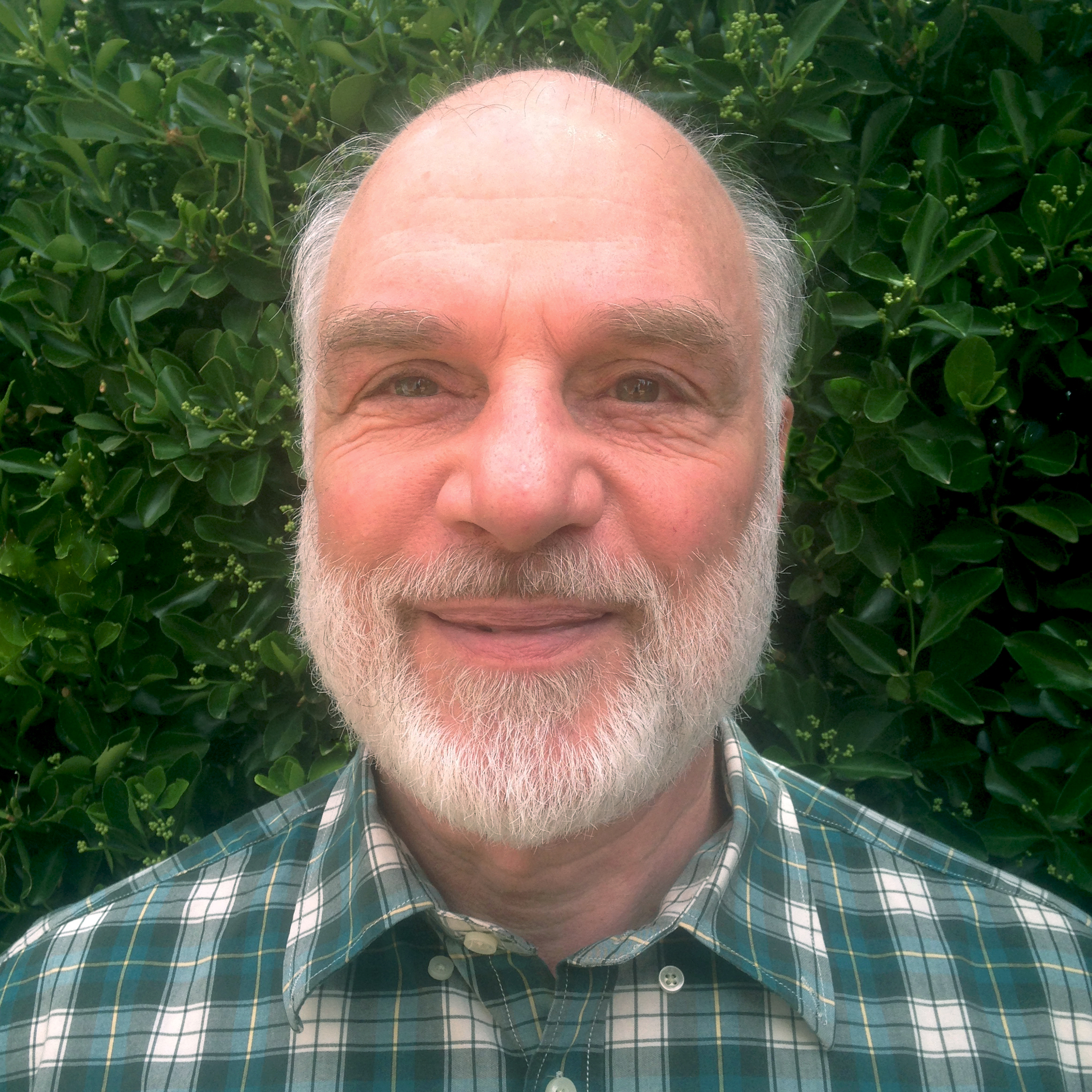Posted by Horton Tatarian, research biochemist, on 18th Dec 2015
How To Avoid Harmful Sugars

Learn About The Problem
Few people know about the link between their sweetened foods and drinks and their ailments. Once aware, responsive adults begin to eliminate refined sugars from their diet. For them, voluntary self-inflicted harm makes no sense even if most people consume the toxin.
Parts 2 - 4 of Toxic Holiday Rituals highlights the scientific evidence and explanations on how refined sugars cause disease. Scientists compare fructose and sucrose to cocaine and alcohol. University of California Television offers this excellent video that “went viral.” Their video led to an entire series by UCTV, which focuses on the epidemic of metabolic syndrome and obesity. Experts on this issue recommend increasing public awareness and assistance against sugar addiction.
Research in the field of addiction medicine has revealed the addictive potential of high levels of sugar intake. Preexisting health promotion strategies could benefit from the integration of the concept of sugar addiction. Reference
Our research at Life Sciences LLC estimates an overall 66% contribution to illness and chronic disease in the USA due to refined sugar consumption alone.
The few people who manage to maintain a healthy body weight while consuming sweetened foods and drinks are not immune from the toxicity of refined sugars.
Habitual consumption of sugar-sweetened beverages was associated with a greater incidence of type 2 diabetes, independently of adiposity. Reference
Accept the Challenge
Family parties and social events with friends and co-workers offer sweet treats in the form of pies, cookies, candies, cakes, ice cream, and sodas. This tradition is seen in every culture with access to these tempting treats. Sugar addiction is strong enough to interfere with prescribed avoidance in diabetic patients. Curiously, non-compliance particularly involves those with large blood vessel (macrovascular) complications of diabetes.
Many physicians and patients described barriers that involved difficulty in complying with diet therapy. . . . Patient-reported lack of concern for diabetes mellitus was more prevalent among patients with macrovascular complications. Reference
A perceived need for sugary “comfort foods” or refusal to comply with a diet with no more than 5% added sugars suggests sugar addiction. Fortunately, this condition is reversible for anyone who values their present and future health.
Accept the challenge to be free of the sugar habit. Sugar’s brief perverted stimulation of the brain’s pleasure centers only leads to future misery.
About Horton Tatarian

I’m a biochemist who examines scientific findings on health and disease. My degree in biochemistry is from U.C. Berkeley. UCLA School of Medicine granted an M.D. degree in 1974. Since then, independent research prepared me to advise clients on natural ways of self-care.

